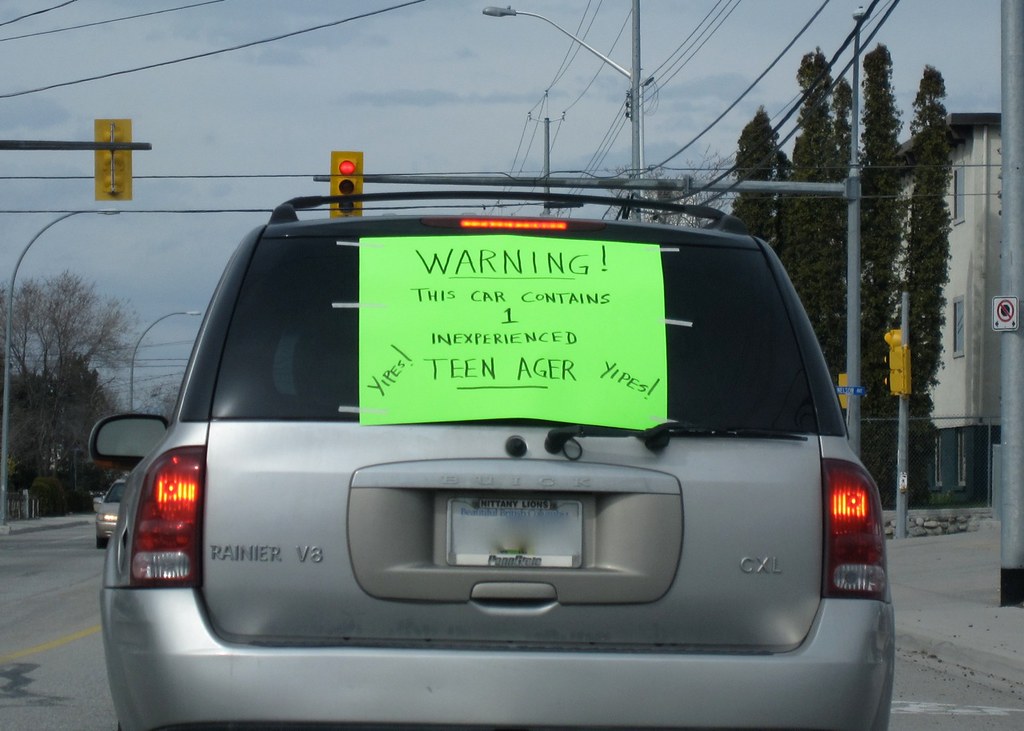
By PHOEBE SOLOMON
Staff Writer
College-based “Greek life” fraternities have been shrouded in scandal as of late, which has sparked discussion about sexual harassment and assault.
Earlier this year, a former member of Pennsylvania State University (Penn State) fraternity Kappa Delta Rho (KDR) approached police with concerns regarding a particular private Facebook page. Upon further investigation, authorities found the page to have been a platform on which fraternity members exposed and circulated photos of nude, unconscious women, according to TIME magazine. The photos sparked nationwide outrage due to their clear violation of the university’s sexual harassment rules, and, more severely, their underlying implications of sexual assault or even rape.
According to CBS News, students and alumni alike have organized rallies on Penn State’s campus, and Penn State students have drafted a petition calling for the suspension of every student who was listed on KDR’s page. As with any controversy, there are two very opposite-minded parties. Proponents of fraternities have emerged citing the good deeds fraternities do around college campuses.
While many fraternities around the nation do behave well enough and focus their energies onto improving their college campuses, this ideal should not be applied to KDR. No matter what evidence comes to light of any good work the fraternity has completed at Penn State–if there is any at all–it is completely negated by its systematic and public sexual harassment.
After years of ignoring rape and sexual harassment allegations on college campuses, people are finally–and rightfully–cracking down on rape culture. The derogatory and intrusive photos posted online of defenseless women should only serve to illuminate how severely college campuses remain affected by rape culture.
Recent Southern California events, too, illustrate the fact that sexual assault occurs much closer to home. According to the Los Angeles Times, police arrested ten Venice High School students on March 14 in connection with an ongoing sexual assault case. The case involved a group of male students who, for over a year, committed sexual acts with two female students. Some of these acts are said to have been consensual, and some were not.
It remains to be seen whether the same defenders of college fraternities try to minimize the sexual assault incidents at Venice High School by citing the good deeds that groups of high school boys do on high school campuses.
Sexual assault and rape remain startlingly present on school campuses–places where students should be guaranteed security–and the poignantly devastating events at both Penn State’s KDR fraternity and Venice High School illuminate the disturbing situation that continues to plague seemingly guaranteed havens for men and women all across the country.
Although the sexual assault controversy may seem to constantly appear in modern media coverage, the reasoning for this truth is simple. Without proper recognition of the distressing and unjust episodes of sexual harassment which occur far too frequently, progress will never be achieved, and school campuses will become more unsafe than ever before. We, as a society, argue for education as a universal right yet seem unwilling to acknowledge that a portion of this right indicates a general feeling of security at any place of education.
Sexual harassment infringes upon our right to a secure education
April 1, 2015

1
0
Tags:
Donate to Sword & Shield
$180
$1000
Contributed
Our Goal
Your donation will support the student journalists of University High School. Your contribution will allow us to purchase equipment and cover our annual website hosting costs.
More to Discover














Douglas • Apr 30, 2015 at 7:48 pm
With all due respect, this article is rather pointless. Did the author seriously put in time and research writing this article to come to the ultimate conclusion that rape is bad?
There was so much potential for this article – it could have addressed solutions to sexual harassment or proposed consequences for offenders, but it doesn’t do anything of the sort.
The whole fraternity issue is brought up, but there is no conclusion – is she trying to say that all fraternities are rape machines so they all must be banned? Because, otherwise, why does she bring up the counterarguments about the work that fraternities do for schools? If that is what she wishes for, she has a whole new set of issues to address, starting with whether or not sororities should be allowed. There is so much that is hinted at but not followed through with in this article.